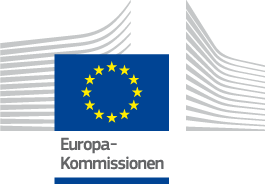

FLAG Factsheet
The FLAG area is located on the western tip of the Brittany peninsula, covering a range of urban, rural and coastal environments. Its important urban centre, the Brest Metropolis, nested within a natural landlocked bay (the Brest roadstead) is home to the second biggest military port in France. However, with over 600 km of coastline, the area is overwhelmingly defined by its maritime identity, counting 30 500 jobs directly linked to maritime transport, energy, the shipping industry, aquaculture and fisheries.
Fisheries activities include small-scale inshore fisheries, shellfish harvesting and production, with the presence of high value species such as European (flat) and Pacific oysters, mussels, cockles, grooved carpet shell and abalone. Its seaweed production on the Molène archipelago is the largest seaweed extraction field in Europe.
The main challenge for the territory area is employment in the maritime economy, which suffers from a lack of visibility and attractiveness, despite holding many opportunities for development (seafood processing, sales and support activities…). There is also a need to better connect job demand and supply, through the development of an integrated approach to promoting innovative and sustainable maritime activities.
The FLAG strategy focuses on six defined actions:
State, Regional Council, County Council, Inter-municipal bodies and municipalities
State, Regional Council, County Council, Inter-municipal bodies and municipalities.
The Pays de Brest wants to build up on the cooperation initiatives already ongoing on the territory, i.e.:
The Pays de Brest is also implementing a LEADER strategy, focused on rural economic development.
Exchanges and synergies between EMFF CLLD and actions eligible under LEADER could be developed (match making between project holders, dissemination, exchange of good practices…) on topics such as circular economy, short chains and tourism.
A “multi-fund CLLD methodology” will be fostered in order to ensure a common approach to supporting project holders; this will consist of the recruitment of an EU Programme Manager who will help in the animation of CLLD strategies and the design of common communication tools (e.g. multi-fund guidance document for project holders…).
Public sector:
Private stakeholders:

